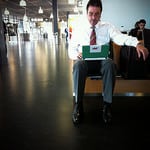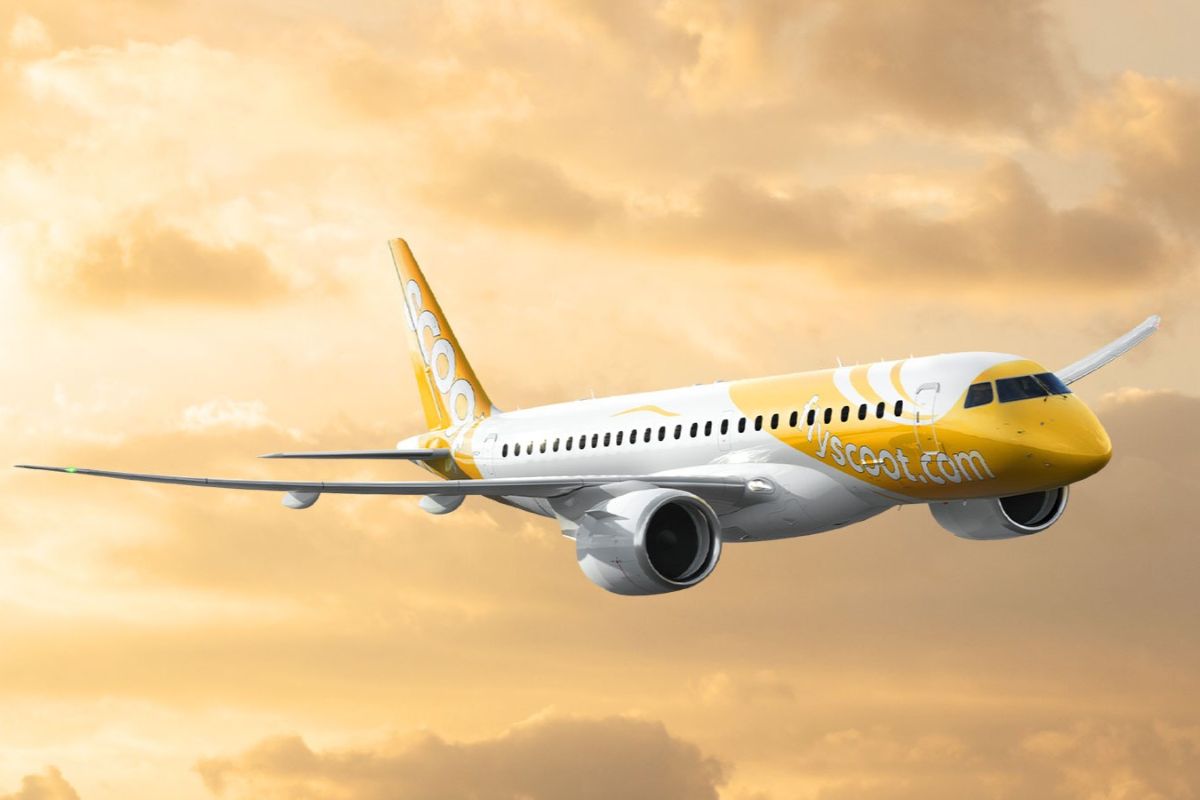Study finds technology increases corporate travel specialists’ control of travel policies

Skift Take
Travel professionals have a better understanding of business travel policies thanks to booking technologies and mobile communication, found a study on travel policy trends by GBTA and Egencia, the corporate travel arm of Expedia.

Sixty percent of travel professionals report higher control over travel policy compared to past years. Photo by Clemens Vogelsang.
The study set out to define what "control" over travel policy means to corporate travel specialists in four global regions. Across the board, professionals felt they had the most control over their businesses' travel policy when they could drive savings and control costs; set policies and procedures; and drive employee compliance.
Other variables of control included having a travel strategy, not paying travelers' submitted expenses if they lie outside the policy, and ensuring that travelers used corporate travel tools and preferred suppliers. Access to travelers' profiles and spend data also led to higher control.
Technology's impact on creating corporate travel policies
Online booking tools have had a large effect on creating successful travel policies. Just over half of surveyed travel professionals in Europe use corporate booking tools to alert business travelers about staying within policy, and as a result, travelers that use the corporate booking channels report a 80 percent compliance rate.
“Our study shows that the impact of technology, such as mobile devices, is reshaping both the travellers’ experience and travel manager’s role in simultaneously supporting traveller needs and corporate objectives,” said Christophe Peymirat, Senior Vice President, Egencia EMEA & APAC.
Other findings are as follows:
- In Europe, 62 percent of corporate travel specialists use mobile phones and social media to keep in touch with employees while they're traveling.
- Another 76 percent of respondents in Europe say they have better travel spend data because of technology improvements.
- A higher percentage of business travelers in North America (48 percent) and Asia (51 percent) report actively using social media while they are on the road compared to European business travelers (34 percent.)
The survey gathered responses from 1,500 corporate travel specialists in Europe, North America, Asia, and Latin America.




